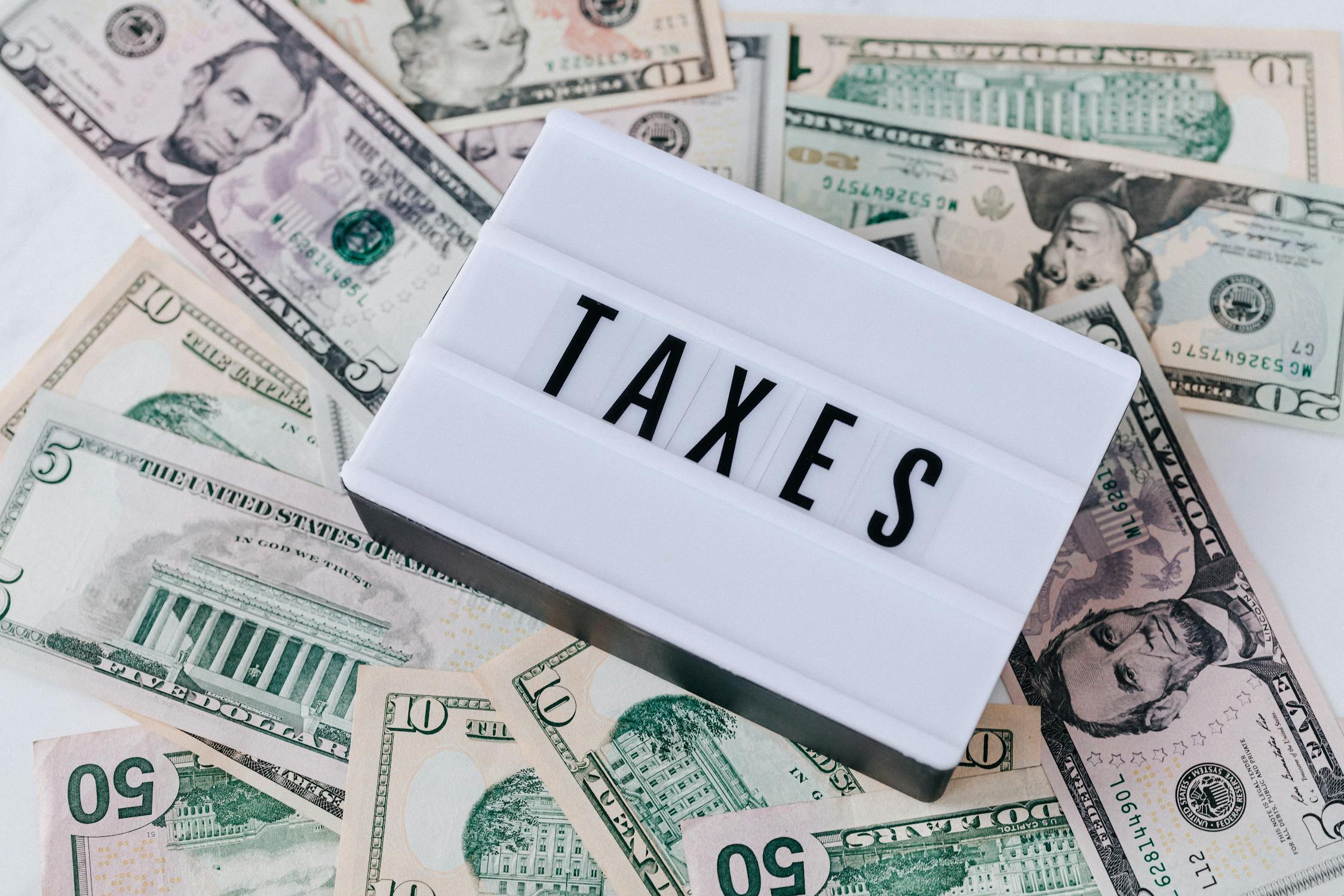2024-03-25 20:00:00
INVESTMENT
Dividends: what are they and how are they received?
Have you heard the word "dividend"? And do you know what it is? Unfortunately, most Lithuanians, although they have heard the term, do not know its true meaning. In order to increase people's financial literacy and to introduce them to additional earning opportunities, in this article we would like to tell you more about what dividends are, what the meaning of dividends is, when dividends are paid, how to declare them, and what taxes are payable when receiving a dividend.
What are dividends?
The term "dividend" is derived from the Latin "dividendum", which means a division. Every company has shareholders - people who have invested/acquired shares in the company. Shareholders, whether sole, major, minor or small, who have invested in a particular company receive a reward - a dividend. Dividends are a share of the company's profits allocated to shareholders according to the size of their shares (the rest of the company's profits can be used for reinvestment, debt repayment, share purchases, expansion, etc.). Dividends can take many forms: cash, shares or even equity.
Payment of dividends in cash
This is probably the most common form of payment, where each shareholder receives a proportionate share of the company's profits in cash or by bank transfer. The more shares an investor holds, the larger the share of the profit.
Payment in shares
Another way of paying shareholders is to pay them in shares of the same company or of a subsidiary. Once the shareholders' council has taken this decision, all shareholders are paid a proportionate number of shares in proportion to their shareholdings.
Payment of dividends in equity
The third, and extremely rare, case is the payment of dividends in equity. This is a form of payment in which the shareholders receive the securities of the company paying the dividend or the consideration is paid in the form of the company's products or services.
The meaning of dividends
Dividends are important not only for shareholders but also for the company itself. The sale of shares allows companies to raise additional cash for expansion, emergencies, etc. Afterwards, all the people who have contributed to the company in one way or another and bought shares receive a return in the form of dividends. Dividend investment returns are long term. It should be borne in mind that once you have invested in a company's shares, their value can increase significantly over time, which means that if you decide to sell your shares, you will also make money. A rising share price is usually the result of a company's profits rising, and the amount of dividends paid out to shareholders usually rises as profits rise.
How are dividends paid and what are the possible investment alternatives?
Dividends require investment. Both in Lithuania and around the world today, there is a wide choice of dividend stocks in a wide range of sectors. The wide range of dividend stocks on offer gives investors an excellent opportunity to choose the shares they prefer. One way to analyse the market offers is to look at the mutual fund industry or to carry out additional technical or fundamental analysis. However, not all investors take this step. Sometimes people are looking for less risky alternatives, often smaller, but which can also help them earn money.
Income from property investments
Earnings can be earned through a variety of investment vehicles. One of them is investing in real estate. There are several ways to invest in real estate. However, two are the most popular:
Investing in a specific property, where the property you buy generates passive income (e.g. it is rented out). However, it should be borne in mind that once a property has been purchased, it often needs to be maintained, improved and invested in on an ongoing basis;
investing in crowdfunding platforms, where loans are made for the realisation of a specific property. This is a particularly good way of earning money on the money invested. For example, investing on the Profitus platform can earn you up to 14% and your investment will be protected by the property! What's more, you can invest from as little as €100!
Passive income from bonds
Another way to earn money is to invest in bonds. Bonds are securities that investors lend their money to a company or even a country to buy. Bonds do not give the right to ownership, but are a less risky way of investing compared to shares. This way of investing money means knowing in advance what benefits the investor will receive, at what time and at what maturity date the bond will mature. Typically, bonds yield between 7-10%.
How do I calculate my dividend?
To calculate your dividend (dividend yield), you first need to know the annual dividend per share and the current share price, then divide these figures and multiply by 100. For ease of understanding, here is an example. If company A has an annual dividend of €1 per share and the current price per share is €200, the resulting dividend is calculated as follows: 1 / 200 * 100 = 0.5 per cent. To calculate how much you will receive in dividends for your shareholding, simply multiply the result by the number of shares you own.
Annual dividend value per share / current price per share * 100
However, it should be borne in mind that, according to statistics, high-yield share prices tend to be relatively low. Low share prices are indicative of low growth or even stagnation of the company, so sometimes lower yielding shares outperform extremely high yielding ones.

When are dividends paid?
There is no rule on when dividends are paid. Each company decides at the shareholders' meeting when and what type of dividends it will pay to its shareholders. There are cases where dividends reach shareholders once a year, every six months or quarterly, but there are also companies that distribute profits and pay dividends monthly.
Dividends paid in cash may be of the following types:
- interim (where a fixed amount of money is paid out at a fixed time);
- supplementary (where the company decides to add an additional payment on top of the fixed amount);
- bonus (when the company receives an exceptional benefit, an additional share of profits is allocated to shareholders and paid out as a bonus).
Dividend payout
The payment of dividends will not necessarily be stable. There are cases where companies simply do not pay dividends to their shareholders because they reinvest all the profits they earn in the development of the company, or they temporarily suspend payments in the event of financial difficulties. So if you are just planning to invest in company shares and expect to make a profit from it, it is worth checking whether the company pays dividends regularly, what proportion of profits is allocated to the company, the timing, the risks involved, and the likely prospects. In addition, bear in mind the taxation of dividends.
Dividend taxes
Dividends are the shareholders' share of profits. This means that they are taxed at an income tax rate of 15%. The question is, who is liable for this tax? Suppose you are a Lithuanian citizen and a shareholder in a Lithuanian company. In that case, the company must calculate and pay the tax on the amount of the dividend before it is paid. If, however, you are a foreign shareholder, then the conditions are slightly different: you will also be liable for dividend tax. However, a lower income tax rate may apply if the company has a double tax treaty in place.




